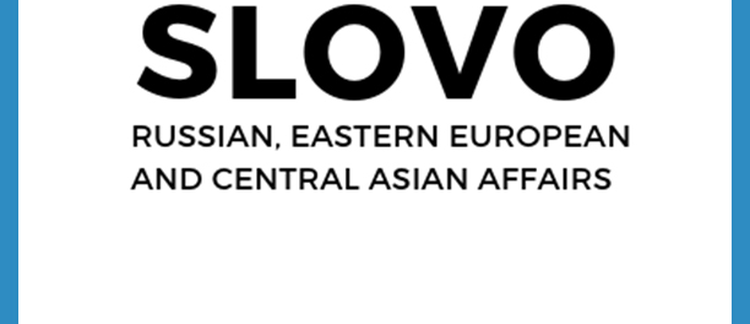Abstract
The three million-strong Jewish community constituted almost ten per cent of the population of the Polish state that emerged from the Great War in 1918. In the turbulent years of Poland’s reformation many of them suffered from anti-Semitic excesses and a number of pogroms. However, the threat of violence and an electoral system biased in favour of big parties proved insufficient in uniting the fragmented Jewish political organisations. The run-up to the first nationwide elections in 1922 saw the formation of six different Jewish parties and a myriad of local political organisations, rather than a broad electoral bloc. This paper analyses the three explanations for this Jewish disunity that have been dominant in historiography: ideological conflicts, the different political realities Jews experienced in the Russian and Austrian partitions, and pragmatic considerations. The interaction between these motivations is investigated by focusing on parties representing the most powerful Jewish political movements in the post-war era: Zionism, Orthodoxy, and Socialism.
Click here to read the full article
How to Cite:
Mateusz, Z., (2012) “Jewish Politics in the New Poland: The 1922 Elections, a Case Study”, Slovo 24(1).

